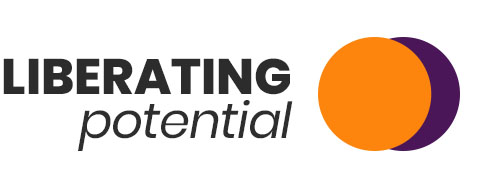Returning to work, were there some unfinished tasks that surfaced in your mind from time to time whilst on holiday, at least in the first and last few days?
In an experiment about memory recall reported in 1927, the psychologist Kurt Lewin gave subjects a sequence of simple tasks to complete. In some cases they were allowed to finish their work and in others they were interrupted so the task was not completed. Asked subsequently what they could remember, in the majority of cases it was the interrupted tasks. This demonstrates our natural tendency towards completion and the satisfaction that comes from that. We are bothered by things that are unfinished and they may stay with us until resolved. The principle extends to our motivations and emotions. We seek to satisfy our needs and when that is frustrated it can result in ‘unfinished business’.
In working relationships unfinished business is common and can lead to problems in performance and the quality of working life. For example, if in a meeting someone unfairly criticizes you and you don’t respond, that is a potential interruption in the relationship which can impair future contact. It may not be appropriate to say something in the meeting, but often there is no follow-up for whatever reason – lack of opportunity, concern about the other person’s reaction, thinking it’s not worth bothering about etc. Defensive behaviour can result, e.g. avoidance or lack of cooperation.
Of course, whatever the situation, it isn’t always appropriate or possible to respond in the way you want to. You have to do what is possible under the circumstances to reconcile things in your own mind and ‘move on’. Nevertheless, unfinished business can be an invisible millstone around the neck of organizations so it is important to develop as much openness as possible in working relationships. This is fundamental to achieving a flexible, adaptable and high performance culture.
One senior team I was developing was stuck in a very fractious and argumentative way of being. The team had been formed after a reorganization and people brought together from different parts of the organization. Many of them spoke fondly of their previous team and the sense of purpose they enjoyed there. I discovered that there were some legacy issues between members of the new team and also that they were upset about what had happened to colleagues who were made redundant. On a team event I ran a session where they could talk openly about their feelings and find some resolution before focusing on the needs of the current team.
Developing a more open culture isn’t always easy. What is appropriate openness for one person may not be for another. Often the journey needs to be facilitated. What can help is to make having more open conversations a ‘norm’ for the organization – standard common practice. Having a process endorsed by the organization can be a way to do this. The Relationship Insights Generator™ or RIG is one such process that I use in my coaching and facilitation work. Based on my book “Collaborating for Results: Silo Working and Relationships that Work” it helps people review and improve the working relationships they have with others they engage with on important work – including cross-functional and cross-organization work where different silos need to work together. This is not a psychometric assessment. It is a series of practical steps based on research and experience to help people think through the strengths and weaknesses of working relationships and plan improvements. Targeted at critical projects and initiatives it can help organizations reduce the risk of unfinished business and the performance, financial and human costs that can occur.
More information about the RIG can be found on the resources page.

